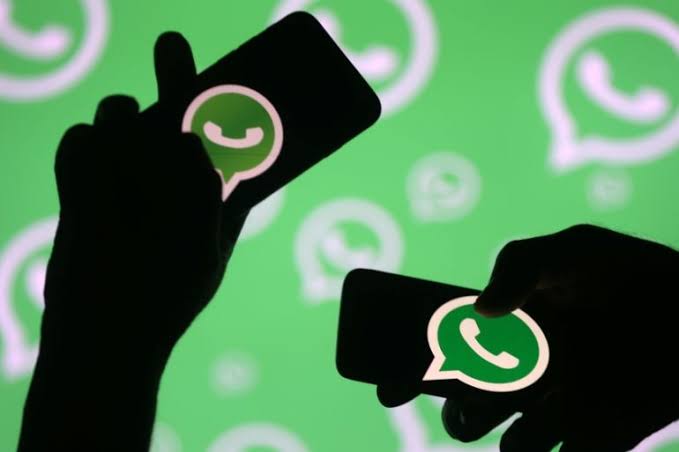
Mathew Amaechi
Fears of a nationwide WhatsApp ban are mounting in Iran after state broadcaster IRIB urged citizens on Tuesday to delete the messaging app, accusing it of sharing sensitive user data with arch-rival Israel.
The warning comes as hostilities between the two countries intensify, with both sides exchanging fire for a sixth straight day. Israel claimed on Wednesday it had struck a nuclear facility near Tehran, while Iranian forces said they fired hypersonic missiles in retaliation.
In a segment broadcast Tuesday evening, IRIB accused WhatsApp of “collecting users’ personal data, including their last known locations and communications,” and alleged the information was being funneled to Israeli intelligence. The broadcaster offered no evidence to support the claim.
WhatsApp swiftly rejected the accusations, saying in a statement to AFP that the claims were false and “deeply concerning.”
“All messages on WhatsApp are end-to-end encrypted, which means only the sender and recipient can read them,” the company said. “We do not track precise location, we don’t log who users message, and we certainly don’t provide bulk information to any government.”
The spokesperson added that the platform is “concerned these false reports will be used as an excuse to block our services at a time when people need them most.”
The escalation in rhetoric comes amid sweeping new digital restrictions. On Friday, Tehran announced temporary curbs on internet access “for the duration of the conflict,” and since then, several websites and platforms have become partially or fully inaccessible to users across Iran.
Government workers have been ordered to stop using any connected devices — including smartphones, smartwatches, and laptops — during the ongoing Israeli offensive. Authorities also advised the wider public to limit their use of internet-enabled tools and “take appropriate precautions” to avoid surveillance or cyberattacks.
The latest move has drawn comparisons to the crackdown that followed the 2022 protests over the death of Mahsa Amini in police custody. Then, Iranian authorities blocked several global platforms — including WhatsApp and Instagram — in a bid to disrupt mobilization efforts.
While no official announcement of a ban has been made, digital rights groups warn that the IRIB statement may signal another phase of online censorship. Access to WhatsApp, which remains a lifeline for secure communication for many Iranians, could be at imminent risk.
As tensions rise both on the ground and in cyberspace, many Iranians now face a growing sense of isolation — from the outside world and each other.
